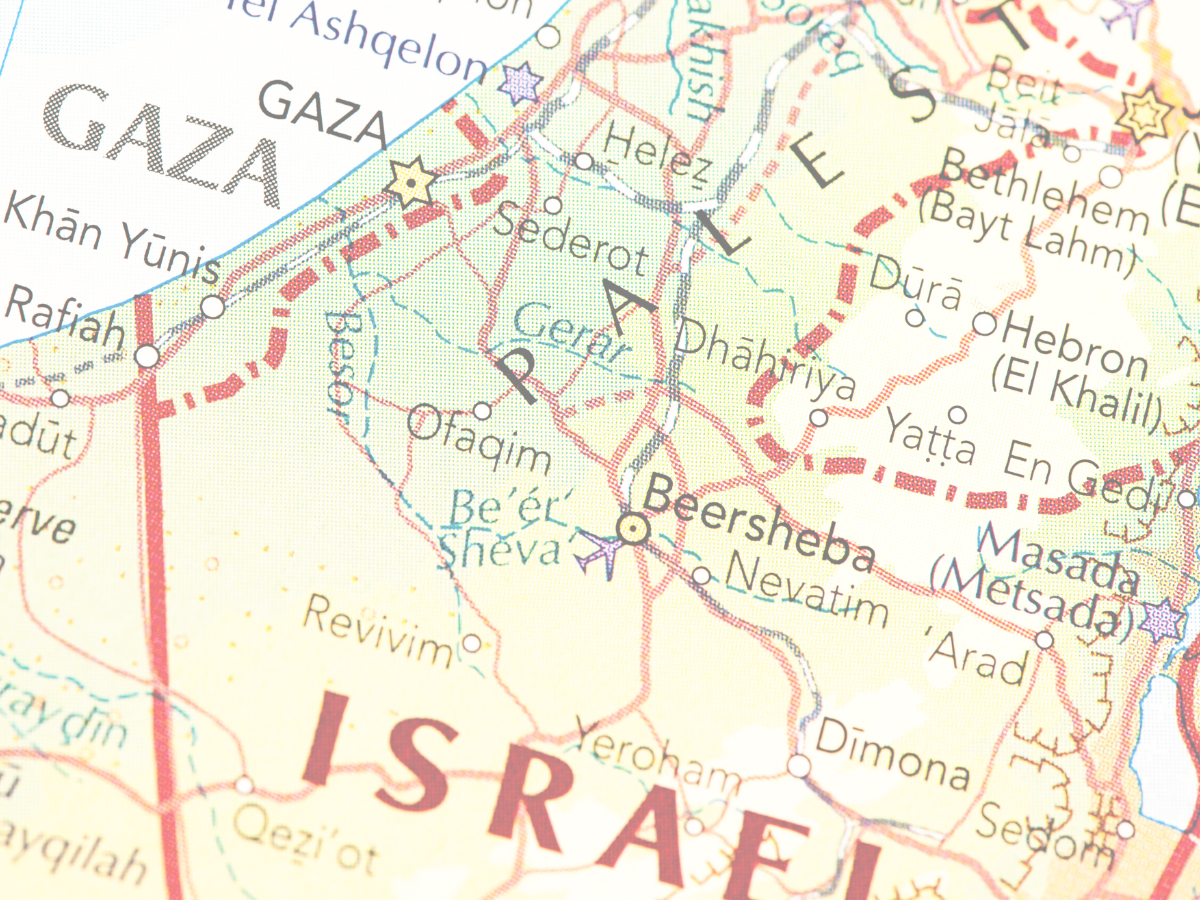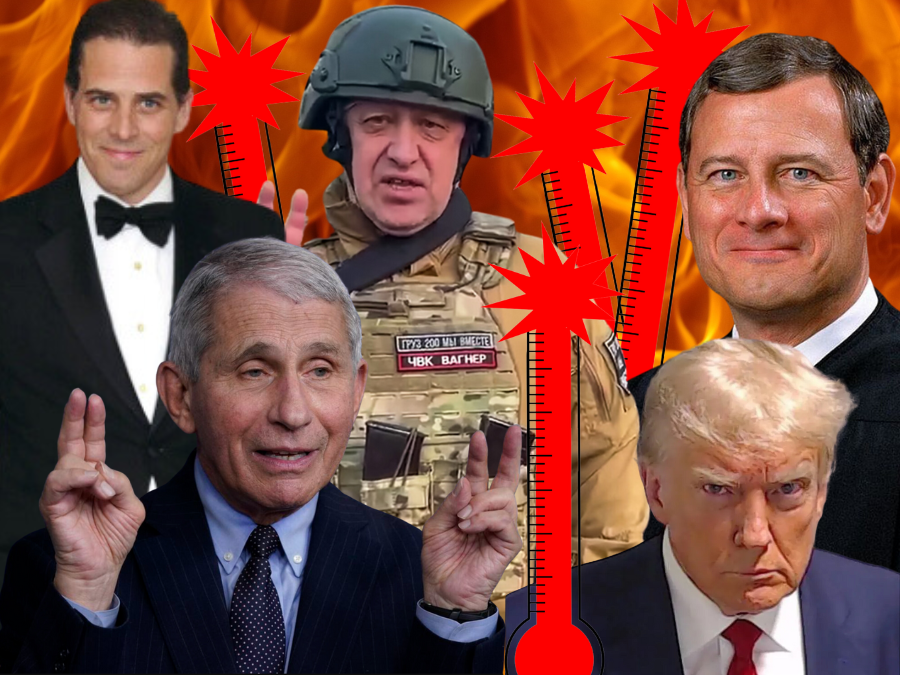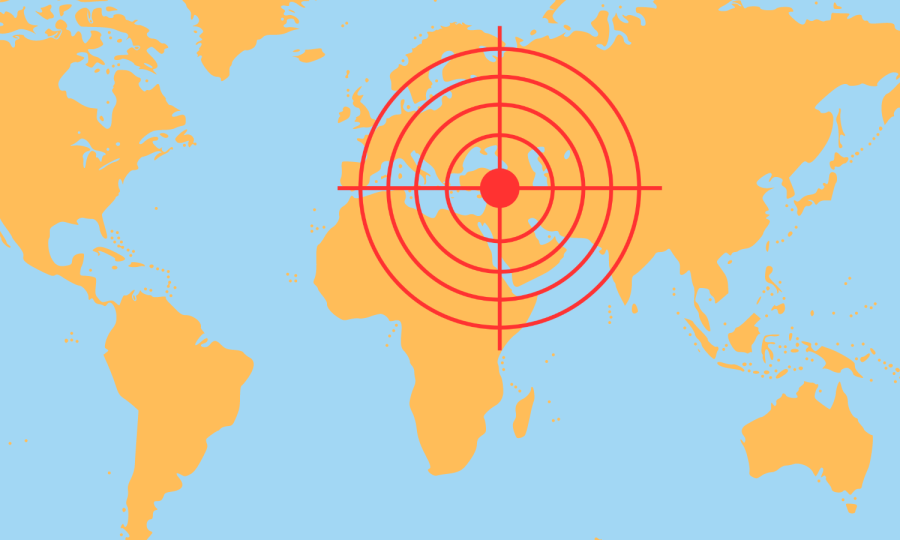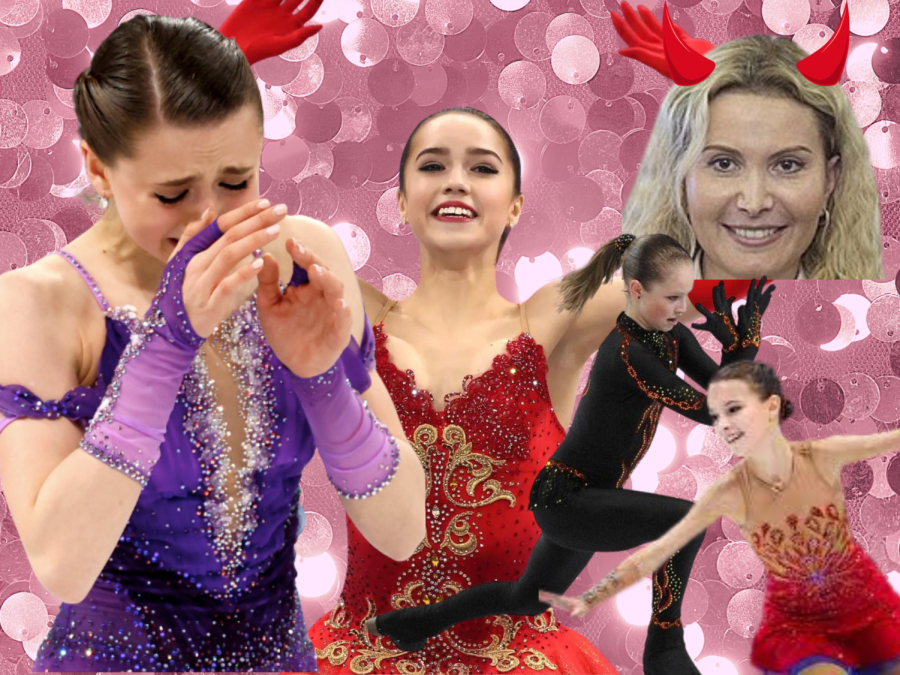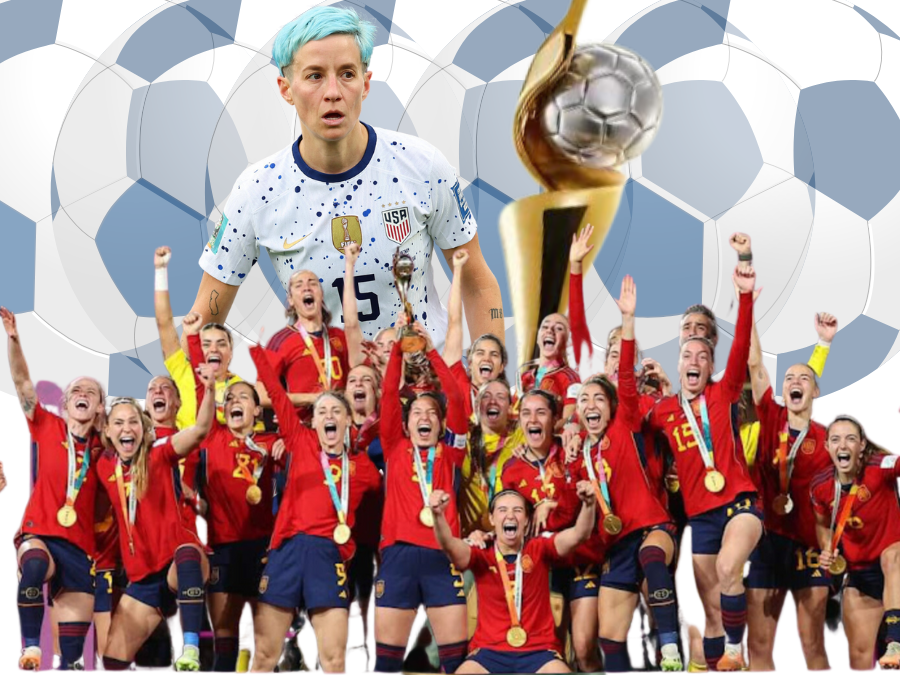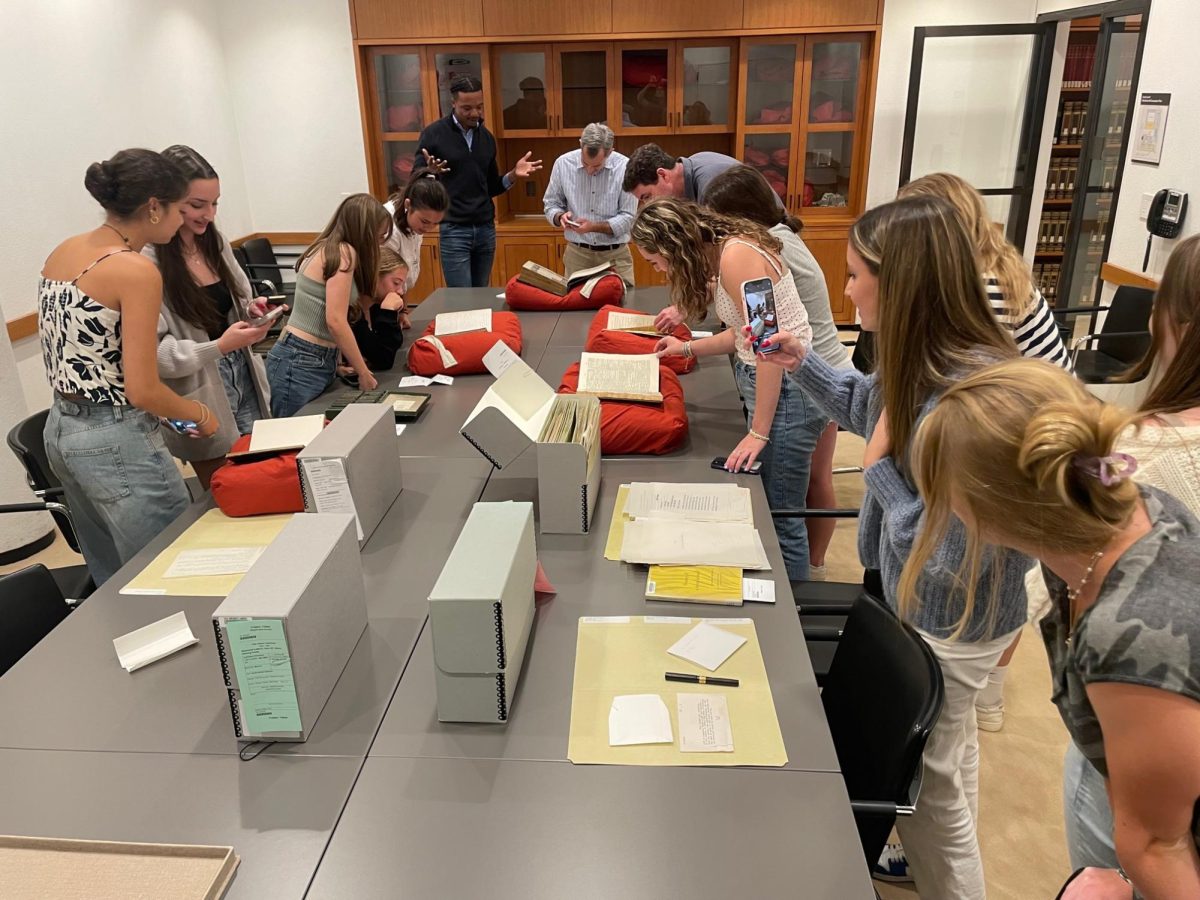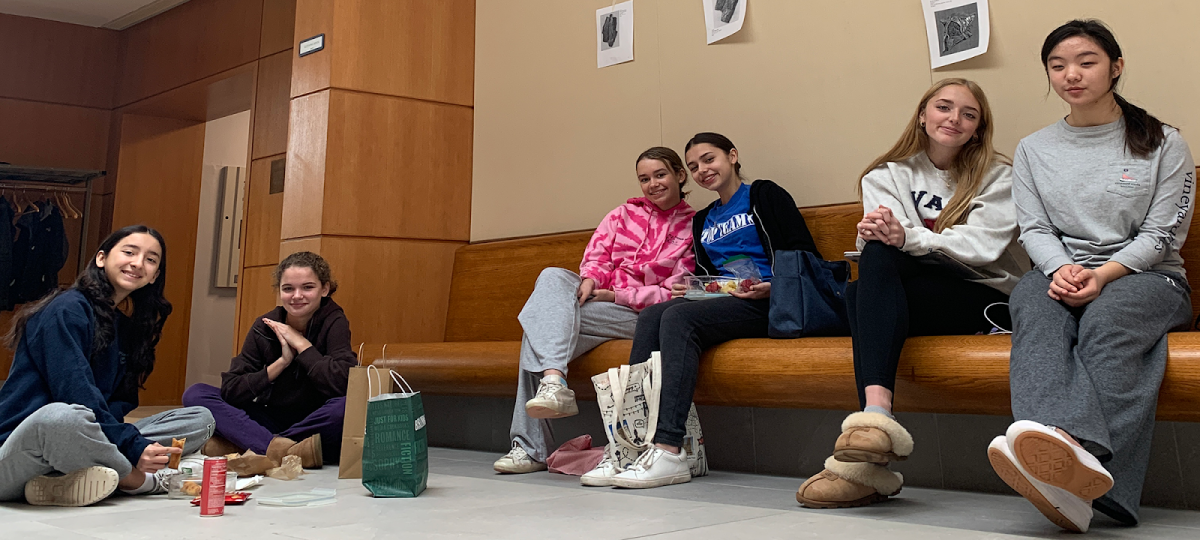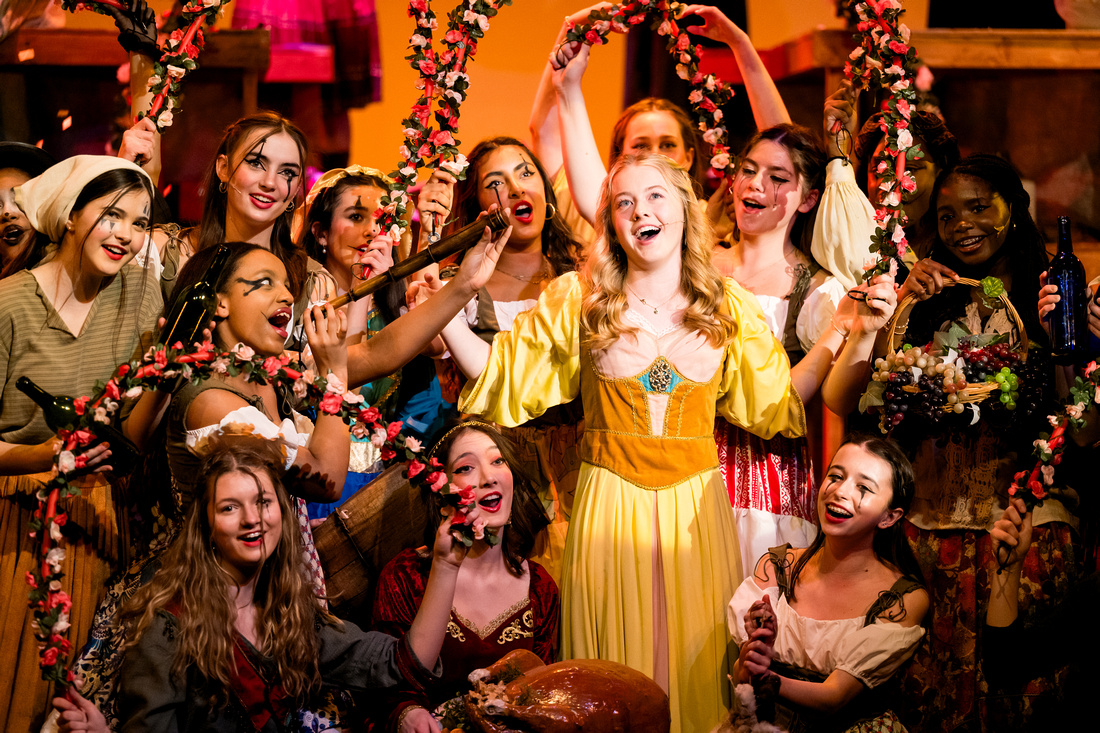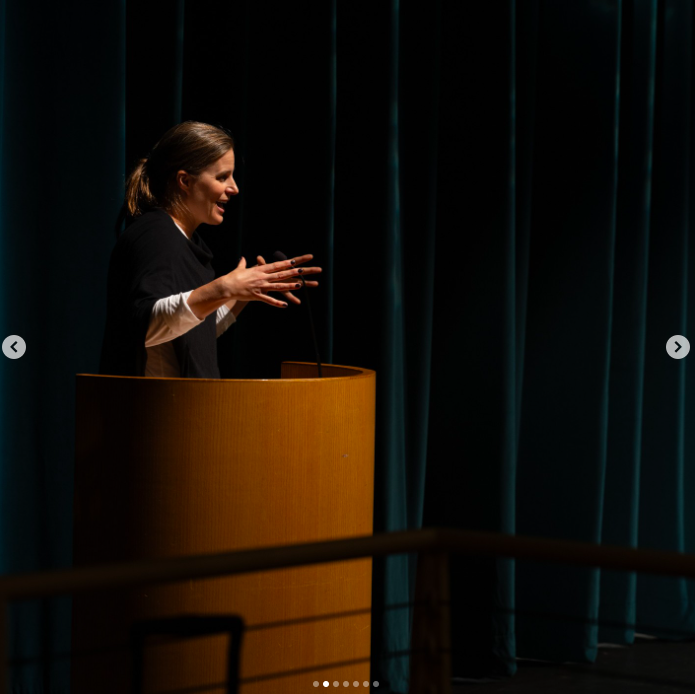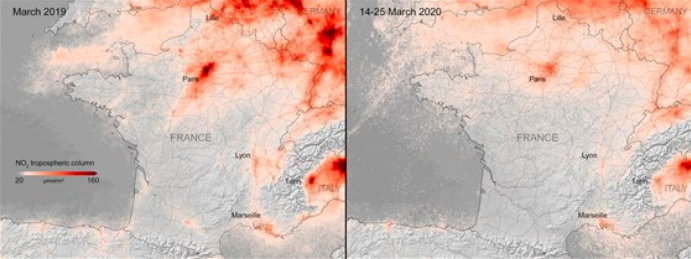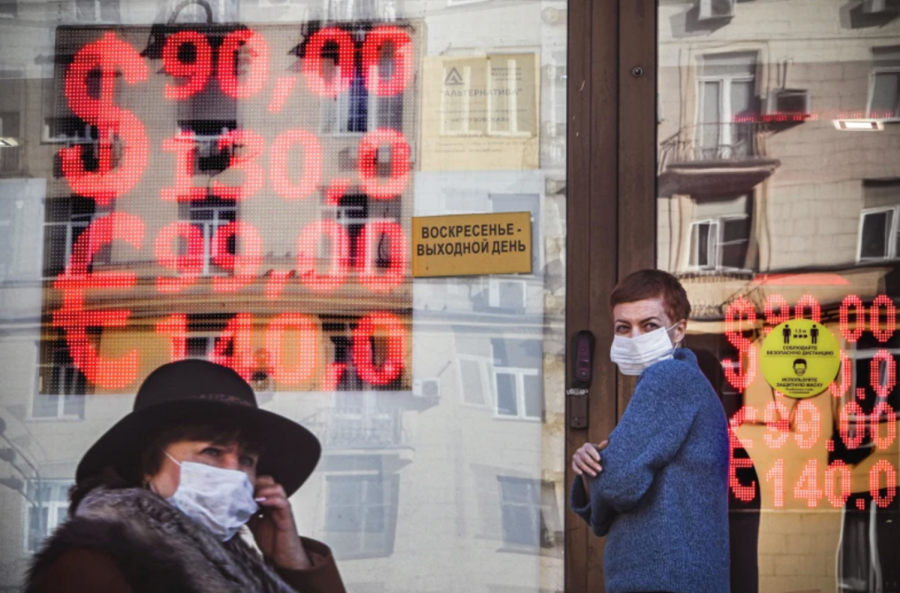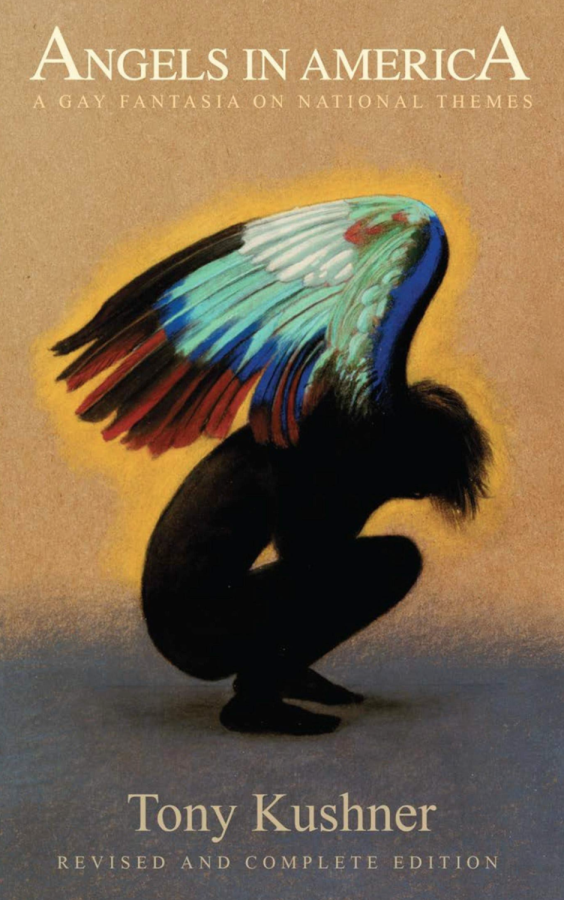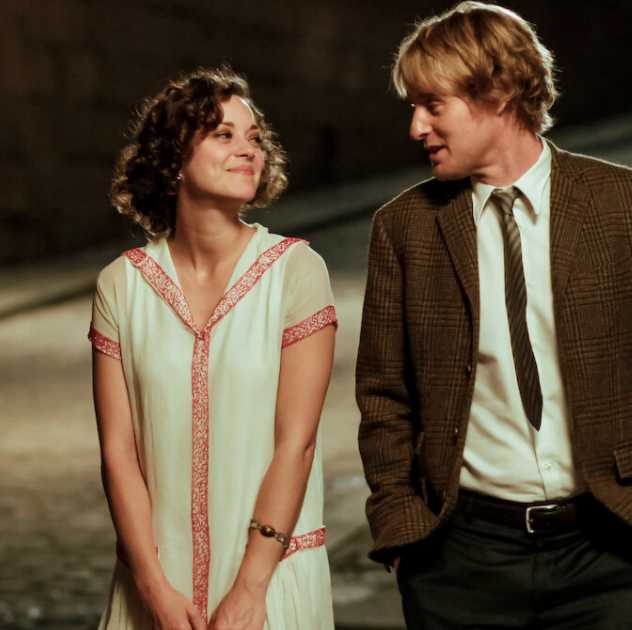
The Olympic Games inspire excitement, competition and patriotism in the countries that participate, and the Sochi games were no exception. With some amazing wins, including a clean sweep in the Men’s Freestyle Skiing Slopestyle, eighteen-year-old Mikaela Shiffrin’s gold-medal win in the women’s slalom, and Meryl Davis and Charlie White’s gold medals in Ice Dancing, the United States came in second in the overall medal count. We finished with twenty-eight medals, trailing only behind Russia, which earned a total of thirty-three medals.
Despite these amazing wins, there were also several disappointing losses. After TJ Oshie and the US Men’s Hockey Team’s legendary win over Russia in the preliminary round, a heartbreaking 1-0 loss to Canada in the semifinals, followed by a crushing defeat by Finland in the game for the bronze medal, left the team shocked and disappointed.
No less disappointing was the US Women’s Hockey Team’s loss to Canada in the gold-medal game and Shaun White’s fourth-place finish at the half-pipe.
While the athletes at the games were busy accomplishing exceptional feats, there were some major political issues surrounding the Sochi games.
Prior to the opening ceremony on February 7, Russian discrimination against gay and lesbian athletes garnered global outrage. Many countries and pundits advocated protesting and boycotting the Winter Games.
But many, including Johnny Weir, a retired American figure skater and two-time Olympian who commentated in this year’s Games, argued that the Olympic Games is not an appropriate venue for political protest. And just as Weir encouraged, athletes competed, medals were won, and the games came to a conclusion without any violent protest on Olympic grounds.
Additionally, the conflict between the Chechen people and the Russians led many experts to believe that a terrorist attack on the Sochi games was imminent. Both the Russian and United States Governments declared the Caucasus Emirate, a self-proclaimed virtual state entity formed by the Chechen people, as a terrorist organization, because of its association with al-Qaeda.
Experts believed that the Caucasus Emirate, in seeking revenge on Russia, would attack the Games using what have come to be known as the “Black Widow Terrorists.” In the hopes of ensuring safety for athletes and visitors, Russian and Olympic committee officials instated higher security and a series of warnings.
The US State Department warned visitors to avoid crowded places and told American athletes to avoid wearing team apparel outside the games’ venues.
Thankfully the Games went off without an attack, allowing athletes to focus on their events.
The conditions in Sochi, however, posed yet another challenge to athletes and fans. Under-stocked hotel rooms, falling light fixtures, and faulty doors and elevators were just some of the issues athletes and visitors faced. Allegedly, the drinking water in Sochi ran yellow, and sometimes even proved harmful when in contact with skin.
Most unusual was the way Sochi designed their public restrooms. Although it’s not unusual for bathrooms to have more than one toilet, there are typically stalls separating each toilet to provide privacy. However, in Sochi, teammates were able to bond while going to the bathroom due to the lack of partitions. Perhaps this was an intentional design so that players could fully immerse themselves into the team lifestyle.
Lastly, Sochi’s particularly warm weather posed a challenge. For the events to occur before the warmest time of day, the schedule went through a variety of changes, but slushy snow plagued many athletes, disturbing the performances of skiers and snowboarders.
While far from perfect, the Sochi games made it through and avoided many of the major anticipated conflicts.
Ultimately, the Olympic Games celebrate sports and the athletes who have dedicated their lives to compete for their countries. Perfect or not, with the world’s eyes on the Winter Games, the Sochi Olympics successfully and – for the most part – peacefully brought the world together for two whole weeks, which earns both Russia and the Olympic Committee something of a gold medal.





